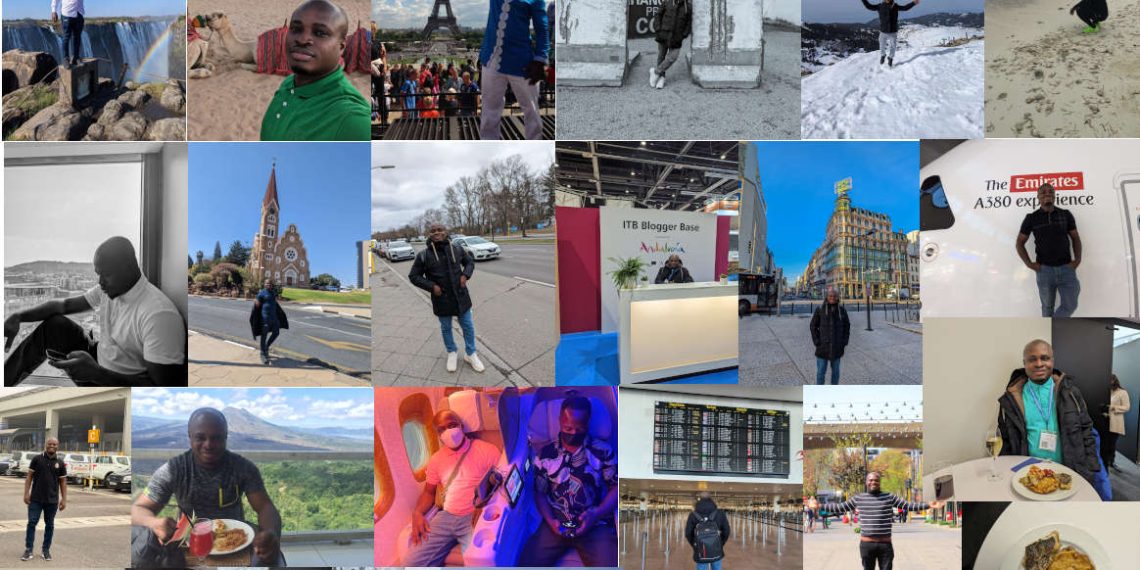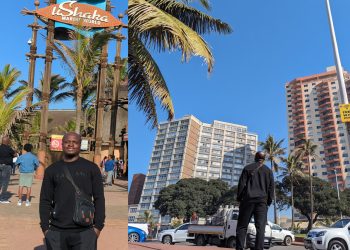Bank statements are vital documents for visa applications. Applicants must convince visa officers they have sufficient funds to cover their trip.
However, a visa application can still be denied even with a genuine bank statement showing ample funds. This is because bank statements involve more than just the account balance. In this article, Jetsanza.com highlights key factors that can lead to a visa refusal despite having sufficient money in the bank.
Why a Genuine Bank Statement May Cause Visa Refusal
Here are some reasons your visa application may be denied, even if you submit a genuine bank statement:
1. Source of Income
Having a large balance in your account does not guarantee visa approval. Visa officers are interested in the source of the funds in your account. For example, the UK requires applicants to prove where every pesewa or cent in their account originated. Submitting a bank statement without evidence of how the funds were generated is as good as not submitting one at all.
How to Prove the Source of Funds
This depends on your situation:
- For employees: Include payslips, a Letter of Appointment (Employment Letter), or other documents that show your employment status.
- For self-employed individuals: Provide proof of legitimate business activities, such as business registration documents, receipts, and invoices. If your account has numerous transactions, you can include a selection of supporting receipts and invoices to demonstrate business activity.
2. Purpose of Sponsorship Not Making Sense
Visa applications can be refused if the purpose of your sponsor’s financial support raises doubts.
For example, if someone other than your parents or legal guardian is sponsoring your trip, you must explain why that person has an interest in your travel. Visa officers are well aware that some applicants solicit bank statements from unrelated individuals just to meet requirements. To avoid suspicion, clearly explain the relationship with your sponsor and why they are covering your expenses.
If your spouse or parents are sponsoring your trip, no additional explanation is typically required.
3. Suspicious Transactions
Large or sudden deposits into your account can raise red flags. Some applicants transfer funds into their account just before submitting a visa application, which can make the funds appear inauthentic or unavailable for travel.
How to Handle Suspicious Transactions
If your funds are genuine, there’s no need to consolidate all money into a single account before applying. Instead, provide multiple bank statements for different accounts.
If large deposits are legitimate, include evidence to support the source of those funds. For example:
- If you won a lottery, include a copy of the ticket.
- If you have a matured investment, provide the relevant documents.
- If the deposit came from a loan or other temporary arrangement, this could lead to a denial, as the funds may not be considered truly available.
4. Insufficient Funds
“Enough funds” is a subjective term that depends on your specific circumstances. What may be sufficient for one applicant might be inadequate for another.
How to Determine If You Have Enough Funds
Consider your trip’s purpose, duration, and associated expenses. Be realistic about how much money you need and ensure your bank balance reflects this. If in doubt, consult the embassy’s guidelines or a visa consultant for advice.
Still have some travel questions? Ask in our Travel WhatsApp Group.






